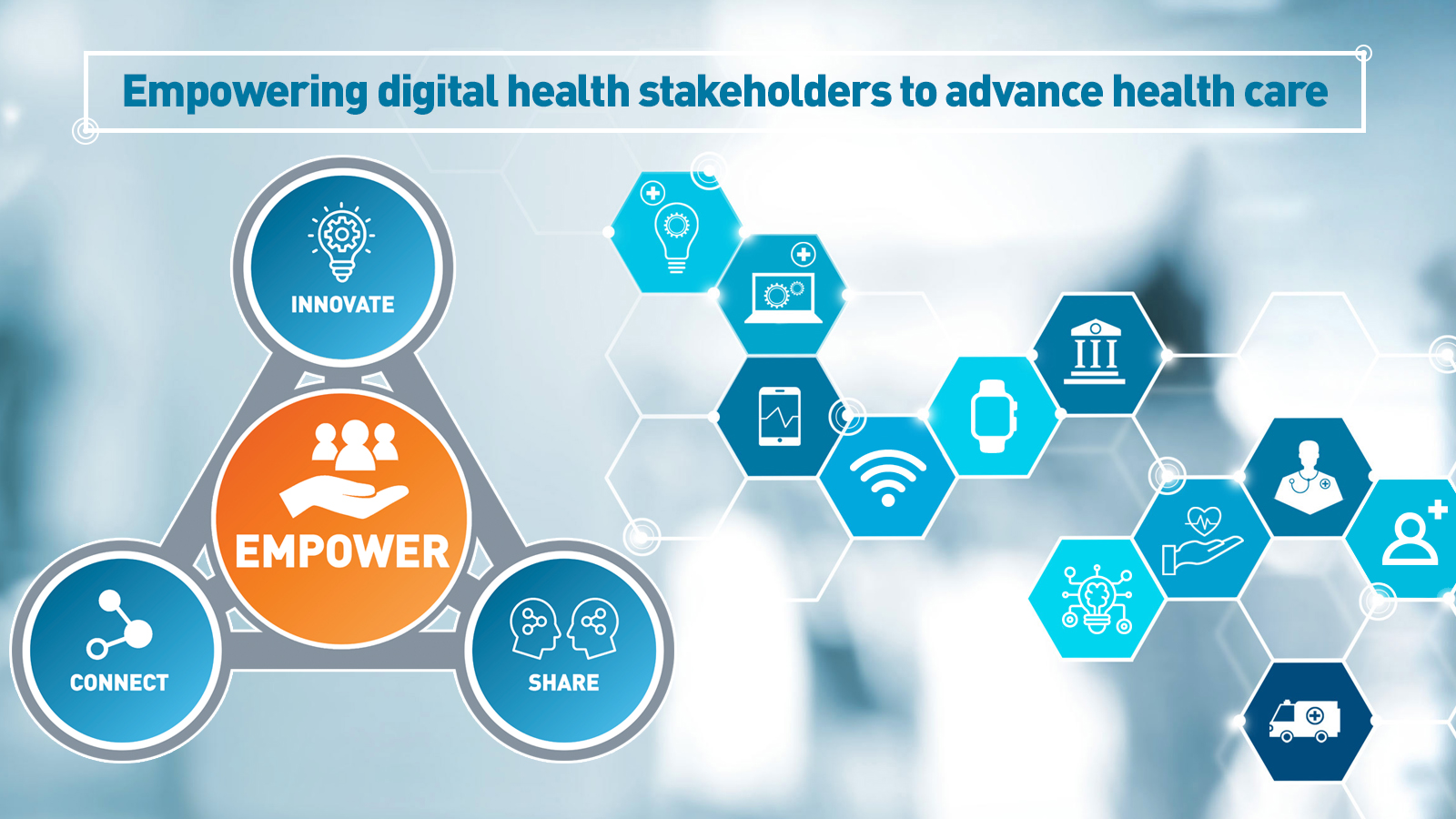Boosting Medical Education: Kerala’s Path to Excellence
The Union Ministry of Health and Family Welfare (MoHFW) has announced that 50 new medical colleges have been approved across India. The fact that none of these medical colleges have been added to Kerala is notable. This article examines Kerala’s medical education system as it stands today, outlining its current infrastructure and areas for growth.
The Landscape of Medical Education in Kerala
Kerala has made notable advancements in healthcare and is a leader in medical education. At the moment, the state has 33 medical schools, which can accommodate 4,605 MBBS students. The remaining 21 private medical colleges supply an extra 2,850 seats, while the 12 government medical colleges provide admission to 1,755 MBBS seats.
New Medical Colleges in India
Increasing undergraduate medical education has advanced significantly with the recent sanctioning of 50 additional medical institutions in India. There will be a total of 8,195 MBBS seats available at these colleges, which include 30 government and 30 private universities. With the advent of these colleges, there are now 702 medical colleges nationwide, with a capacity of 107,658 UG medical seats.
Distribution of New Medical Colleges by Region
Although the new medical institutions are spread out over the country in a variety of ways, it is regrettable that Kerala has not received any. Notably, Telangana has received recognition for 13 medical colleges, while Andhra Pradesh and Rajasthan each received five. For several medical colleges, Maharashtra, Assam, Gujarat, Karnataka, and Tamil Nadu have all garnered distinction. Madhya Pradesh, Nagaland, and Uttar Pradesh each received one medical college, while Haryana, Jammu & Kashmir, Odisha, and West Bengal each received two medical colleges.
Kerala Has a Strong Medical Education System
Kerala’s current medical education infrastructure is still excellent despite not being included in the most recent expansions. The medical schools in the state have led the way in churning out highly qualified healthcare workers. The emphasis Kerala places on high-quality instruction, cutting-edge infrastructure, and eminent faculty members ensures that its graduates succeed in their medical careers.
The Need for Additional Growth
Kerala has made great strides in medical education, but more has to be done to keep up with the need for healthcare experts. Additional medical schools in the state would close the gap between the supply and demand of qualified doctors, which is necessary due to the state’s expanding population and need for advanced healthcare services.
Closing the Gap: The Future
It is essential to take into account the creation of new medical institutions in order to improve Kerala’s medical education system. The state can accommodate more eager medical students and make a big contribution to the healthcare industry by increasing the current infrastructure. Improved healthcare services for the populace will result from increased medical college capacity, which will help stimulate regional development, draw talent, and alleviate the scarcity of healthcare experts.
Despite the recent announcement of 50 new medical institutions in India, it is important to acknowledge the successes already made and the room for expansion in Kerala. The 33 medical colleges in the state have been essential in creating qualified healthcare workers. To fulfill the increasing demand, however, and guarantee that Kerala stays at the forefront of medical education, more development is required. Kerala may continue on its path to greatness and have a huge impact on India’s healthcare system by investing in more medical schools.























